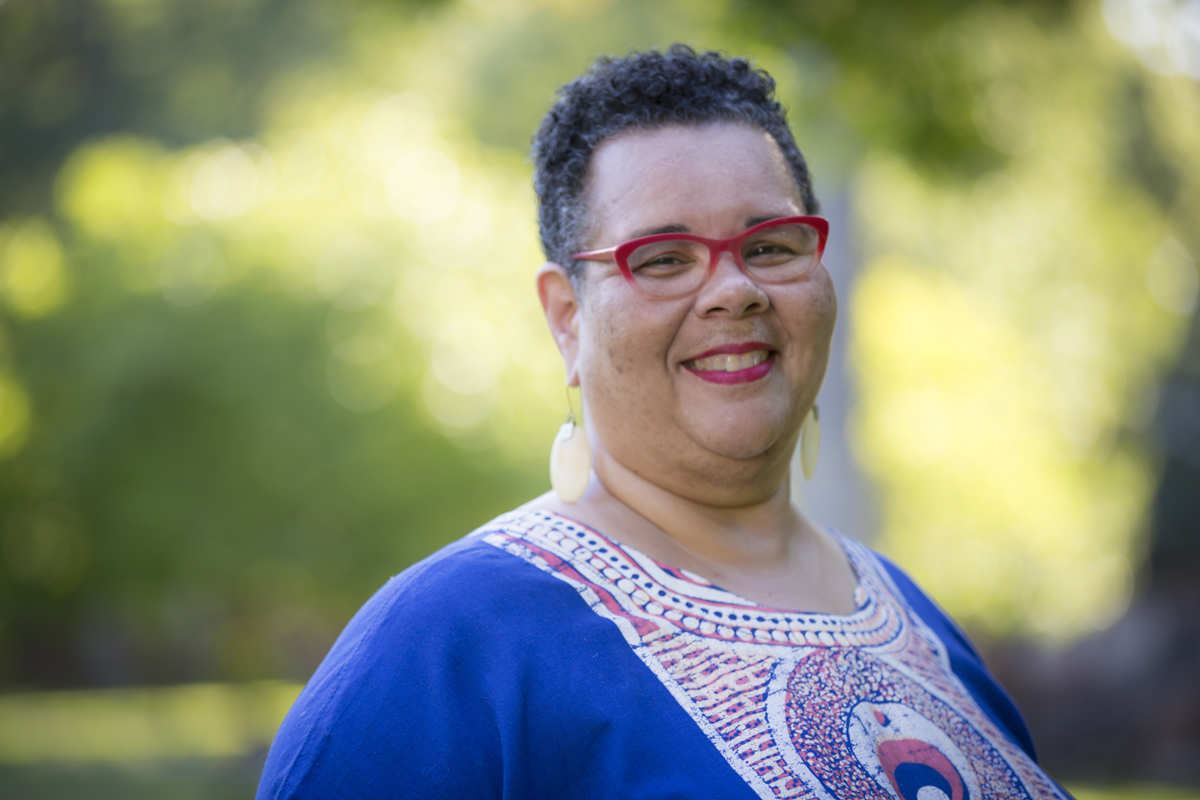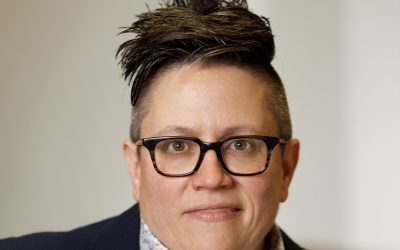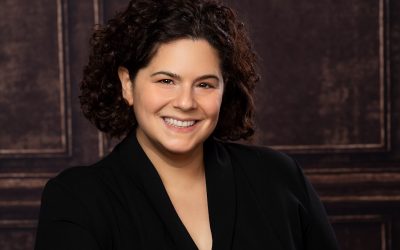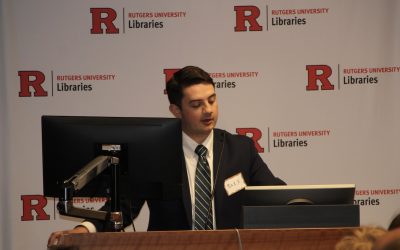Drew Theological School launches Social Justice Leadership Project funded by Luce Foundation.
Enlarge

September 2018 – Social justice is core to the curriculum at Drew Theological School and a new initiative will extend that mission and promote new avenues for faculty and students to collaborate with justice artists, thinkers and activists.
The Drew Social Justice Leadership Project will enable students to partner with such individuals and the organizations they represent. In addition, students, partners and professors will share their experiences on a new website with the goal of expressing theo-political thought in an accessible way. The site will include blog posts, video blogs, articles and original art.
“The aim is to find new and needed ways to move our students, faculty and alumni to the partners—out into the market square and into the public space,” explained Professor Nancy Lynne Westfield, who’s leading the initiative. “We will encourage course development by our faculty around the work of the collaborators to bring our students out of the classroom and into the public work of the partners. We will ask our partners for ways our students might become part of their work through digital means as well as live and in person.”
The immersive project is supported by a grant from the Henry Luce Foundation and will be introduced at the annual Tipple-Vosburgh Lectures and Theological School Reunion on Oct. 2-4. Speakers this year include Bishop Karen Oliveto C’80, G’91,’02, the Rev. Brian McLaren and musician Cynthia Wilson. For more details, please click here.
The social justice initiative is championed by Dean Javier Viera and takes flight as Drew introduces a revamped curriculum at one of the most progressive of the 13 United Methodist seminaries in the U.S. Also, a student is playing a key role: Emile Wayne, who’s pursuing a doctorate in Drew’s Graduate Division of Religion, is serving as coordinator.
Beyond the October launch, project managers are now planning events and contacting a host of voices in Christian social thought, nonprofit advocacy, grassroots activism and justice artistry. “We have to be creative and think of new roles and relationships,” Westfield said.
“We’ve always been an outward-looking seminary. This allows us to go out into the public in new ways,” she added. “Hopefully, we’ll establish something important and influential and innovative.”


